10-Year Results Confirm Pertuzumab Combo Extends Survival in HER2+ Breast Cancer
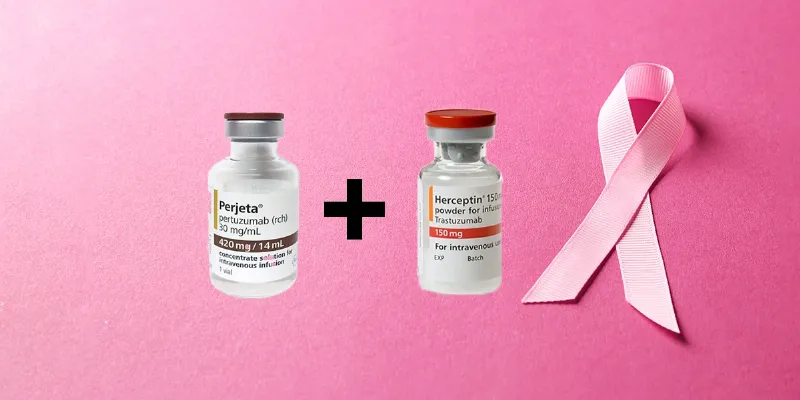
New 10-year results from the APHINITY trial show that adding pertuzumab (Perjeta®) to trastuzumab (Herceptin®) and chemotherapy reduces the risk of death by 17% in HER2-positive early breast cancer. Among node-positive patients, mortality dropped by 21%. Overall survival reached 91.6% versus 89.8% with standard therapy. No new safety concerns emerged. These findings affirm the regimen as a long-term, life-extending standard of care.
"After 10 years, the APHINITY trial clearly shows a statistically significant and clinically meaningful improvement of the overall survival," said Professor Sibylle Loibl, Chair of the German Breast Group and APHINITY Study Chair. “Adding Perjeta to a standard adjuvant treatment is most beneficial for people with HER2-positive breast cancer with lymph-node positive disease who are at high risk of recurrence.”
Announced in a joint statement from Roche, the Breast International Group (BIG), Institut Jules Bordet, and Frontier Science Foundation, the updated findings mark a milestone in breast cancer therapy. Data to be presented as a late-breaking abstract at the 2025 ESMO Breast Cancer Congress, the APHINITY trial data now confirm a 17% reduction in the risk of death for all patients treated with the Perjeta-based regimen over a decade of follow-up.
For those with lymph node-positive disease—a subgroup historically associated with higher recurrence risk—the benefit is even more striking: a 21% reduction in mortality compared to the control group receiving only trastuzumab and chemotherapy.
A Decade of Data, A Decade of Impact
The APHINITY trial (Adjuvant Pertuzumab and Herceptin IN Initial TherapY in Breast Cancer) was initially launched to answer a critical question in
HER2-positive early breast cancer: could dual HER2 blockade provide more than short-term control? With 4,804 participants across a global, randomized, double-blind, placebo-controlled design, the trial set out to investigate not just invasive disease-free survival (iDFS) but the long-term impact on overall survival (OS)—arguably the ultimate metric in curative oncology.
After ten years, 91.6% of patients who received the Perjeta-based combination were still alive, compared to 89.8% in the control group (HR=0.83, 95% CI: 0.69-1.00, p=0.044). While the absolute difference may seem modest, the cumulative impact on public health is far from it.
Node-Positive Patients See the Greatest Gains
In the subgroup of patients with lymph node-positive disease—comprising a substantial portion of the trial population—the hazard ratio for death dropped to 0.79 (95% CI: 0.64-0.97). These results not only strengthen the rationale for dual HER2 blockade in high-risk populations but also validate the earlier iDFS findings that established Perjeta’s approval in the adjuvant setting.
“Early treatment of breast cancer can provide substantial patient benefit and also increases the chance for cure. For people with early-stage HER2-positive disease, the APHINITY results validate the sustained benefits of the Perjeta-based regimen,” said Dr. Levi Garraway, Roche’s Chief Medical Officer and Head of Global Product Development. “These long-term data reinforce the regimen’s value as a well-established standard-of-care treatment in the curative setting.”
Safety and Real-World Implementation
Cardiac safety—a persistent concern in HER2-targeted therapies—remained consistent with earlier analyses, and no new safety signals were identified. This is a crucial finding, given the long duration of follow-up and the increasing number of patients now treated with HER2-directed therapies in both early and metastatic settings.
Approved in over 120 countries, Phesgo cuts infusion time from hours to roughly eight minutes. In the EU, regulators have recently supported its administration outside of hospital settings, further reducing the burden on healthcare systems and patients alike.
About the APHINITY study
APHINITY (Adjuvant Pertuzumab and Herceptin IN Initial TherapY in Breast Cancer, NCT01358877/ BO25126/ BIG 4-11) is a global, phase III, randomised, double-blind, placebo-controlled, two-arm study evaluating the efficacy and safety of Perjeta® (pertuzumab) plus Herceptin® (trastuzumab) and chemotherapy, compared with Herceptin and chemotherapy, as post-surgery (adjuvant) treatment in 4,804 people with operable human epidermal growth factor receptor 2-positive early-stage breast cancer. The primary endpoint is invasive disease-free survival, which in this study is defined as the time a patient lives without recurrence of invasive breast cancer (when the cancer returns locally or spreads into the surrounding breast tissue and/or beyond) or death from any cause after post-surgery treatment.4 Secondary endpoints include cardiac and overall safety, overall survival and health-related quality of life.





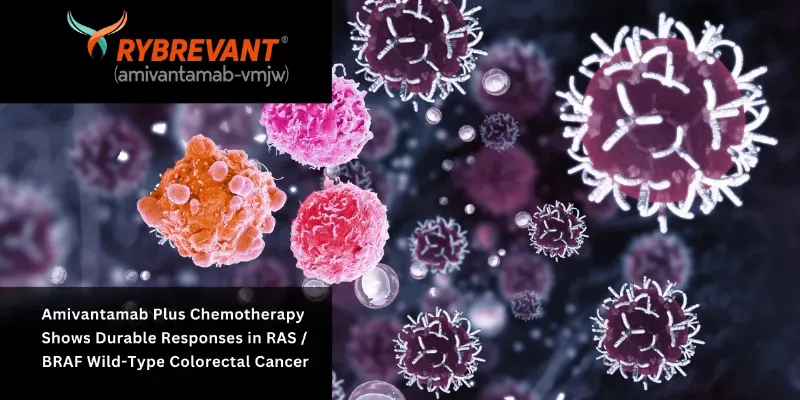
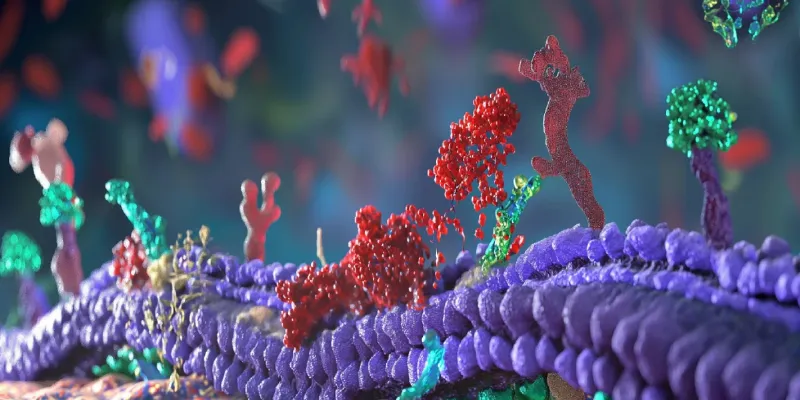
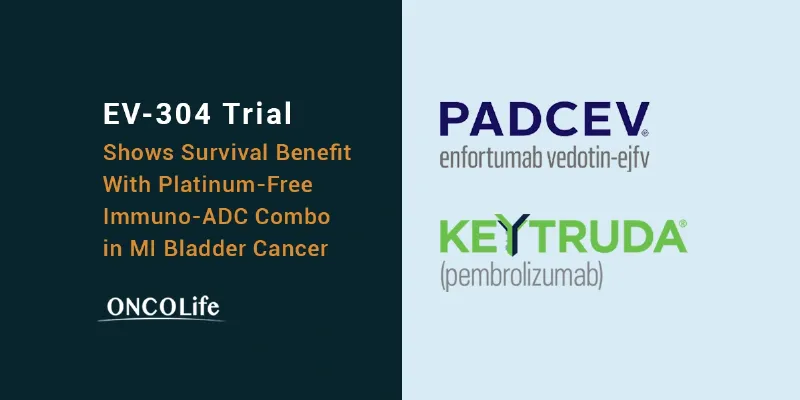
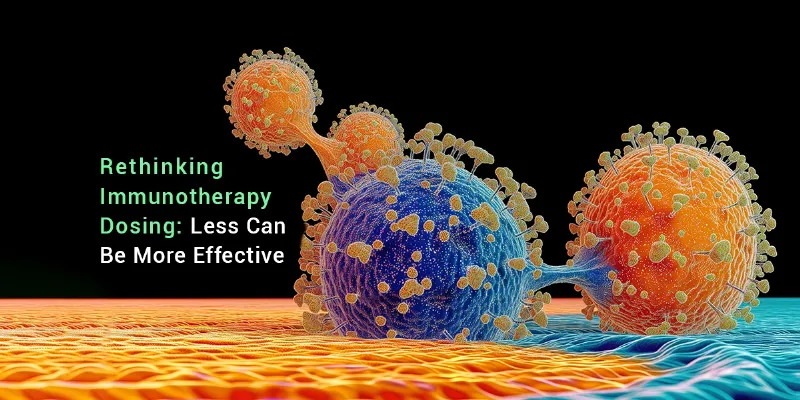
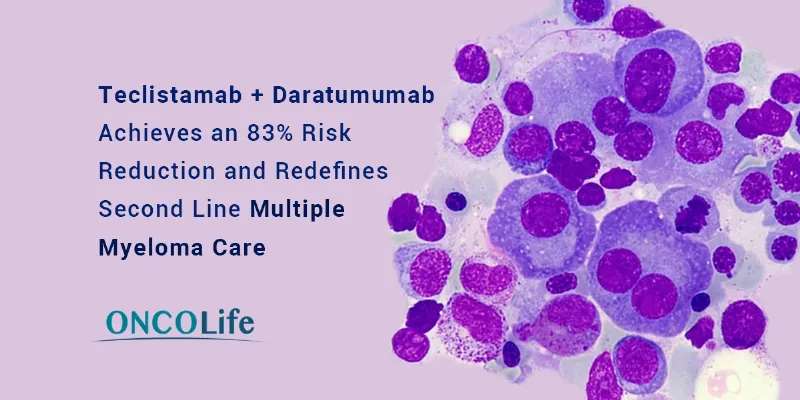
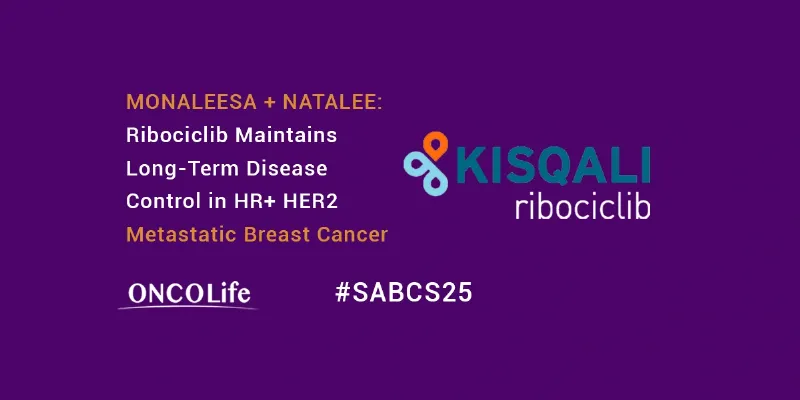
Comments
No Comments Yet!